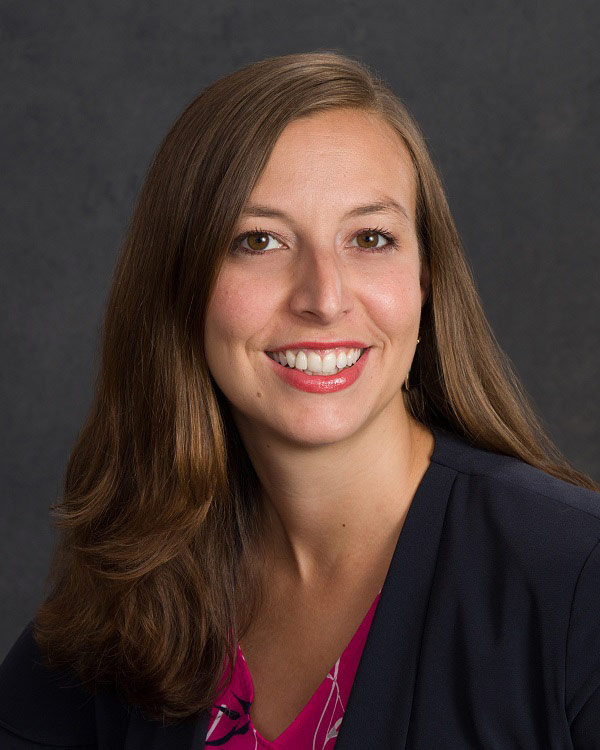Spotlight on Professor Liz Cavallaro: Realizing one’s highest potential


Liv Cavallaro’s academic focus is how a person’s health and well-being intersect with work. She talks about “eudaimonia,” which is the human drive to live up to one’s highest potential.
It’s a somewhat fluffy concept for a military institution, some might say, but Cavallaro said it fits well with the profession of arms.
“It’s anathema in the corporate world. And, here, it might seem like anathema on the surface, but I think it’s actually really well aligned,” Cavallaro said.
“It’s not (a concept) we tend to talk about, but it’s one that folks here really identify with. It is underlying what drives them day-to-day.”
Cavallaro joined U.S. Naval War College (NWC) in early 2016 and is now part of the College of Leadership and Ethics, which launched earlier this year in April.
Part of her work is professional coaching for military students.
People in public service jobs -- teaching, medicine and the military, for example – are usually fueled by the desire to bring their best selves to the work, Cavallaro said.
“When people start thinking about themselves, their job and leadership at that level, they do find that’s what drives them – and they are more motivated to grow,” she said. “They see that connection that, ‘I can’t just rest on my laurels, I can’t just go with the status quo.’”
Cavallaro’s previous academic post was at Bay Path University in Burlington, Massachusetts, where she worked in the Women as Empowered Learners and Leaders Program.
She coached women on how to seek out mentors, how to negotiate and how to pursue the milestones that advance a career.
Cavallaro wasn’t sure how that expertise would carry over at NWC -- which has a female student population of about 10 percent this term.
But it did, she said.
“I was pleasantly surprised that it translated really well,” she said.
Cavallaro’s strategy is to look at internal obstacles that people may have: Fears, anxieties, mental blocks or underlying biases that keep them from moving forward.
“Regardless of how successful we’ve been, how competent and capable we are, we all have things internally that hold us back,” she said. “And the coaching skill set to identify those and bring those to the surface, I find, really transfers (here.)”
Visit Faculty Profile